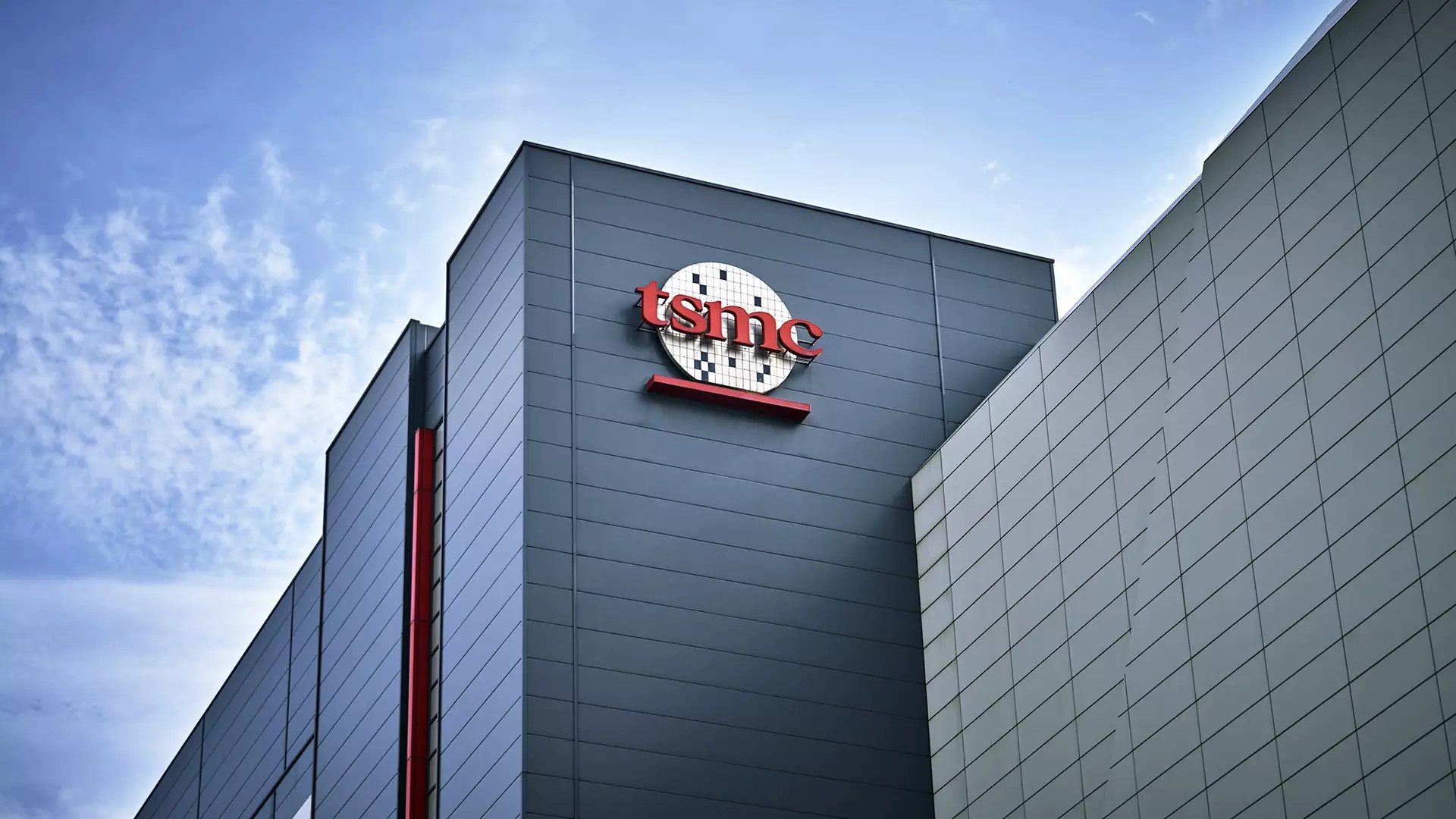The semiconductor industry serves as the backbone of modern technology—driving advancements in computing, communication, and AI. Companies like TSMC, a titan in chip manufacturing, hold a strategic dominance that shapes not only market trends but also geopolitical power. TSMC’s leadership in process node development — especially with their upcoming N2 technology — signifies more than just better chips; it represents a leap forward in computational efficiency and performance. The significance of this cannot be overstated: countries and corporations alike have vested interests in safeguarding this technological edge. The recent arrests tied to alleged theft of confidential process data expose the fragile balance between innovation and security that underpins the sector’s future.
Why Intellectual Property Theft in Semiconductors is a Threat to Global Stability
The escalation of a theft scandal involving TSMC underscores how critical intellectual property (IP) is in this fast-paced industry. Unlike traditional theft, the stakes for IP in high-tech fabrication are measured not just in monetary value but also in strategic advantage. When potentially revolutionary process secrets are compromised, it threatens the entire supply chain ecosystem. This is especially acute in the case of TSMC’s N2 process node, which promises enhancements in power efficiency, SRAM density, and overall transistor performance. These improvements impact not only consumer electronics but also military and strategic applications, making any breach of secrecy a matter of national security.
The Geopolitical Implications of Semiconductor Espionage
This incident reveals a broader, more unsettling truth: semiconductor technology increasingly serves as a battleground for international influence. Countries invest heavily in securing their technological advancements, sometimes resorting to covert espionage tactics. The involvement of Taiwan’s Supreme Prosecutors Office and the invocation of the National Security Act reflect the seriousness of the threat perceived by national authorities. Given Taiwan’s critical role in the global chip supply—controlling nearly 70% of foundry capacity—the potential fallout of such thefts extends beyond corporate implications, risking geopolitical stability. As nations compete to dominate next-generation manufacturing processes, the security of IP becomes a national priority rather than merely a corporate concern.
Corporate Response and Ethical Dilemmas
TSMC’s swift response—launching an internal investigation and pursuing criminal charges—illustrates how seriously it takes the safeguarding of its innovations. However, this raises ethical questions about corporate responsibility and the extent of internal controls. Is enough being done to prevent insider threats in such highly sensitive environments? Human factors remain the most vulnerable aspect of security. Employees with access to confidential data are often enticed by lucrative offers or political motives, turning corporate assets into potential weapons of economic warfare or espionage. The case emphasizes the importance of establishing stringent security protocols and cultivating corporate cultures that prioritize integrity.
The Future of Semiconductor Security and Innovation
As the industry pushes towards ever-smaller, more powerful nodes, the race for technological leadership intensifies. Preventing theft and unauthorized access must be an ongoing priority, as the consequences of breaches are too dire to ignore. This situation also highlights the potential need for stronger international cooperation on intellectual property protections. Innovation in fabrication processes should be balanced with robust security measures, ensuring that breakthroughs remain the property of rightful creators. Ultimately, safeguarding semiconductor secrets is not simply about protecting profits; it’s about maintaining a competitive edge in a high-stakes global arena, where the consequences of failure extend beyond the corporate world and into the realm of national security and international diplomacy.


Leave a Reply